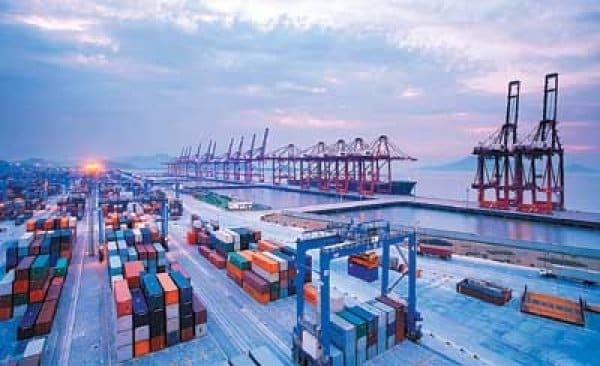Scale of blank sailings dwarfs covid era as US-China trade
Trade War Triggers Surge in Blank Sailings

The ongoing trade conflict between the United States and China is causing significant disruptions in global shipping. With U.S. tariffs reaching 145%, China has retaliated with its own 125% tariffs on American goods, leading to a drastic decline in trade activity. Recent reports indicate that container lines are blanking sailings at a rate surpassing the early days of the COVID-19 pandemic, raising serious concerns for the future of international commerce.
Record Blank Sailings Signal Trade Collapse
Blank sailings occur when shipping companies skip scheduled port calls, often due to falling demand or equipment shortages. In April 2025, the situation worsened, with over 80 blank sailings recorded, eclipsing the 51 seen in May 2020. This sharp increase highlights a severe downturn in global shipping activities. According to Sea-Intelligence, a firm that monitors shipping patterns, planned blank sailings for the Asia-to-U.S. routes are projected to be much higher than previously expected. For instance, demand on the Asia to U.S. West Coast trade lane is anticipated to be 28% lower than forecasts, while the East Coast is set to experience a staggering 42% decline in cargo movement.
The repercussions of the trade war are evident as many shippers are either pausing or canceling shipments. This drop in demand is prompting carriers to cancel bookings, further exacerbating the already strained supply chain. Sea-Intelligence described the latest findings as “staggering,” emphasizing that the ongoing conflict has left many shipping companies in a precarious position.
Challenges for Smaller Carriers Amid Trade Uncertainty
Judah Levine, head of research at Freightos, warns that the necessity to blank sailings from China could lead to further complications for ocean carriers. He notes that there may be delays for shippers, especially with a surplus of empty containers stranded in China. This situation creates an additional layer of complexity for logistics operators trying to navigate the disrupted trade landscape.
Moreover, the trade war has proven particularly damaging for smaller niche carriers. Many of these companies depend heavily on cargo from China and lack the flexibility to adjust their operations to accommodate alternative sources. Sea-Intelligence has indicated that some of these smaller carriers could potentially face full-service closures as long as the trade conflict continues. The outlook remains bleak as the shipping industry braces for the fallout from the escalating tariff situation.
